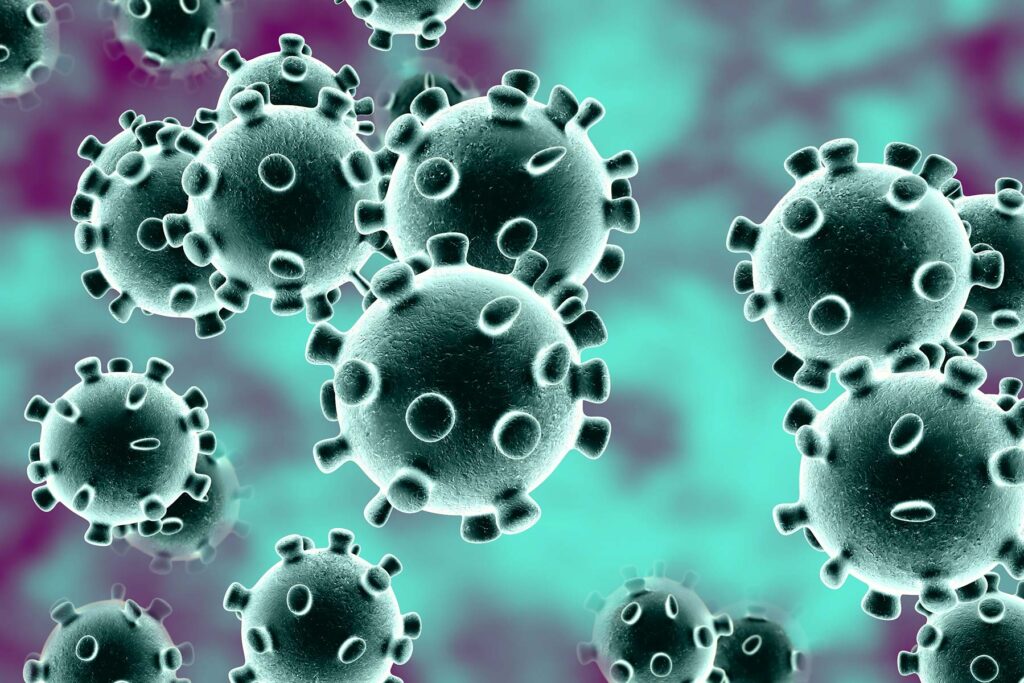1)What is Coronavirus
Coronaviruses are a group of viruses, some causing illness in people and others that circulate among animals, including camels, cats, and bats. In humans, the virus causes respiratory infections which are typically mild but, in rare cases, can be lethal. In cows and pigs, they may cause diarrhea, while in chickens it can cause an upper respiratory disease.
2)Sources & Spread of Coronavirus

Human to human transmission is most likely to be through direct contact with infectious patients. Many of the patients had a link to a large seafood and animal market, suggesting the virus likely emerged from an animal source.
2019 novel coronavirus (2019-nCoV) is a new respiratory virus first identified in Wuhan, Hubei Province, China which started in late 2019. It causes severe respiratory illness and China’s death toll rises to 106. There are already almost 3,000 confirmed cases, and experts expect the number will keep rising.
So far cases have been confirmed in more than 13 countries, including in Hong Kong, Macau, Japan, Nepal, Singapore, South Korea, Taiwan, Thailand, Vietnam, France, the US, and Australia.
3)Symptoms Caused Coronavirus:
According to the NHS and the WHO, symptoms of the Wuhan coronavirus usually include:
- Feeling tired
- Difficulty breathing
- High temperature
- Cough or sore throat
So if you have symptoms consider the following:
- Have you traveled in the last two weeks to a high-risk area?
- Have you been in contact with someone who has?
People with underlying illnesses that make them more vulnerable to respiratory disease, including those with diabetes, chronic lung disease, pre-existing kidney failure, people with suppressed immune systems and the elderly may be at a higher risk.
4) Treatment of Coronavirus Infected People:
There is currently no specific treatment for people who are sick with 2019-nCoV but general supportive medical care in hospitals can be life-saving. Recovery will depend on the strength of their immune system. Many of those who have died are known to have been already in poor health.
5) Precautions from Coronavirus:
The World Health Organization (WHO) recommends measures to reduce the general risk of acute respiratory infections while traveling in or from affected areas by:
- Avoiding close contact with people suffering from acute respiratory infections.
- Frequent hand-washing, especially after direct contact with ill people or their environment.
- Voiding close contact with live or dead farm or wild animals.
- Travellers with symptoms of acute respiratory infection should practice cough etiquette (maintain distance, cover coughs and sneezes with disposable tissues or clothing, and wash hands).
- Travellers to China are already advised not to visit live bird and animal markets, including ‘wet’ markets, due to the risk of avian influenza.
>Juthy Saha

